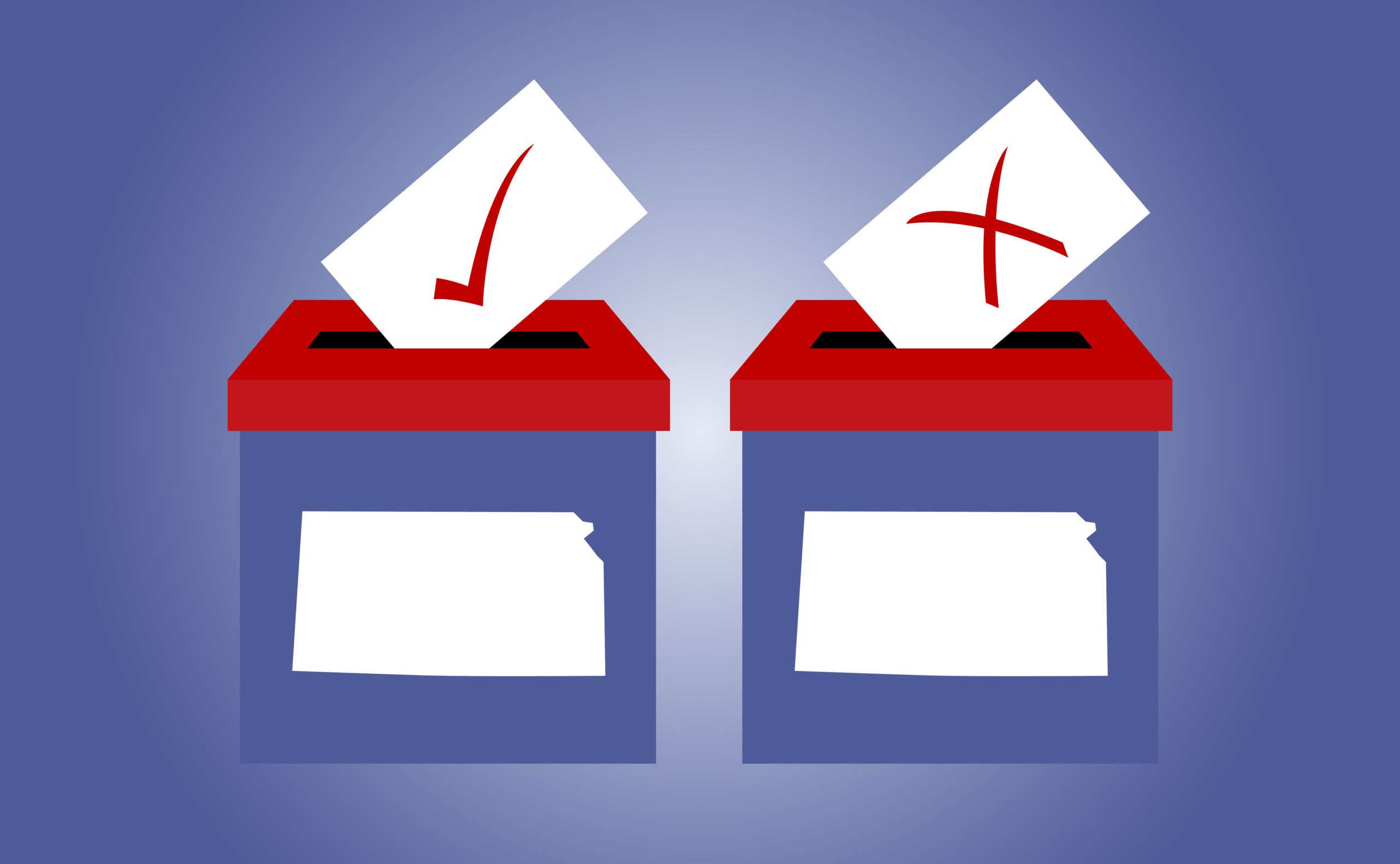The U.S. has officially entered a new era of abortion rights, and an upcoming primary in Kansas will mark the first real test of the Supreme Court’s decision to overturn Roe v. Wade.
On Tuesday, Kansas voters will head to the polls to vote on an amendment known as Value Them Both, which would reverse abortion rights protected under the state constitution. Experts see the impeding special election as a bellwether for how the issue of abortion rights resonates with voters ahead of the midterm elections in November.
“The vote on the amendment in Kansas will be a start to us figuring out as a nation what we think about abortion,” Neal Allen, a political science professor at Wichita State University, told KCM.
Even though Donald Trump handily won the state twice in presidential contests, the primary remains very much up in the air. After all, Kansas isn’t as conservative as some might think: The state is currently led by Democratic governor Laura Kelly. It has also long been a battleground for abortion rights in light of the death of abortion provider Dr. George Tiller, who was gunned down inside a church in Wichita, Kansas, more than a decade ago.
Here’s what we know about the primary that has been gaining national attention.
What the amendment means for abortion rights
The Value Them Both amendment would overturn a 2019 state Supreme Court ruling that decided the Kansas Constitution protects abortion rights. If passed, the measure would explicitly declare that the government “does not require government funding of abortion and does not create or secure a right to abortion.” As it currently stands, Kansas allows for abortions up to 22 weeks of pregnancy, though there are some restrictions. For example, patients under the age of 18 must get parental consent.
Though abortion is legal for now, Micah Kubic, the executive director of the ACLU of Kansas, says this latest amendment isn’t anything new, pointing to previous attempts by the GOP-controlled legislature over the last two decades to pull back on reproductive rights. And even though Kansas isn’t considered as socially conservative as neighboring states like Missouri and Oklahoma, Allen says the Republican majority in the state government makes the amendment a “clear favorite” to pass.
Voters will have the final say
Voters can either vote “yes” to change the state’s constitution so that the right to an abortion wouldn’t be guaranteed, or they can vote “no” to keep it as is.
But the outcome is still far from certain: Recent polling shows that the vote could be close. According to a poll taken in July by the research firm co/efficient, 47 percent of respondents said they would vote for the amendment, compared to 43 who said they would vote against it, and 10 percent were undecided.
As seen with past polling, the same poll also shows that Kansas voters aren’t staunchly anti-abortion, and they do see some gray on the issue. For instance, 24 percent believe there should exceptions in cases of rape, incest, or health-related conditions. To put this into perspective, 33 percent favor no restrictions, while only 9 percent said they prefer a total ban.
Even though the vote is taken place during a primary that has had a historically low turnout, the timing of the Supreme Court’s decision could play a pivotal role. The co/efficient poll found that more Democrats than Republicans were motivated to vote because of the measure, by 94 percent to 78 percent. Plus, data from the secretary of state’s office shows early in-person voter turnout is nearly 250 percent higher than the last primary midterm election in 2018.
But political insiders are remaining cautious: “Most people aren’t used to voting in August, and I think a lot of people are still unaware that we’re even about to have this vote,” says Patrick Miller, a political science professor at the University of Kansas.
What would happen if the amendment passes?
If the amendment ends up passing, this would open the door for Republican lawmakers to ban abortion outright or pass more stringent restrictions. It could also affect access in other parts of the country that have already outlawed the procedure. In fact, Kansas is one of the only states in the region that allows abortions, and it has already become a popular go-to spot for patients in Texas, Missouri, and Oklahoma who can no longer get the procedure in their own state.
But Kubic says the ACLU and other abortion-rights advocates intend to fight the amendment even if it passes.
“We shouldn’t be amending the constitution to restrict people’s rights,” he says. “It’s inconsistent with our values as Americans and deeply dangerous.”









